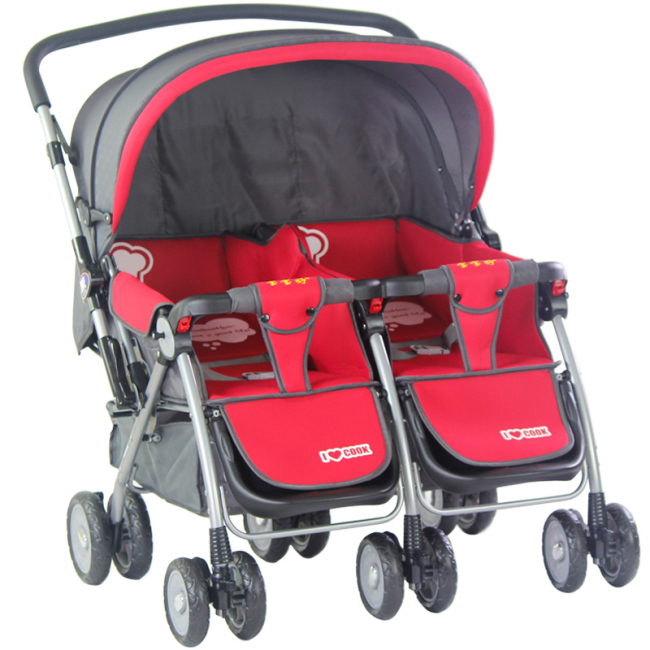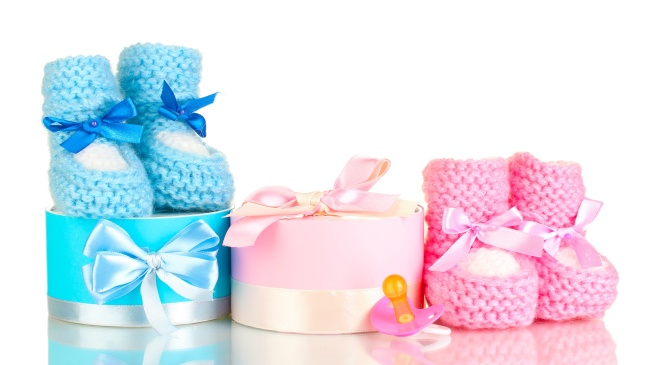When Lee Hye-jeong learned she was having twins, she felt overwhelmed.
“I had not expected twins, and all of a sudden I was hearing about all the additional risks that were associated with having twins,” she said.
Faced with unexpected hospital fees and double efforts needed for child care, Lee sought out additional support offered by the government.
Government support for parents of twins is growing as the number of twins rises in Korea, including paid maternity leave and free nutritional supplements for expecting mothers.
 |
(123rf) |
According to Statistics Korea, the number of multiple-birth children such as twins and triplets more than doubled in the past 25 years to reach 16,166 children in 2015. Multiple-birth children made up 3.7 percent of newborns in 2015, the latest year for which official statistics are available.
The rise can be seen in shopping trends as well. According to online open market 11st, sales of strollers for twin babies rose by 70 percent on-year in 2017 and 73 percent on-year in 2016, although sales of strollers in general have stayed relatively steady.
The increasing number of multiple-birth children is widely attributed to the rising number of children conceived via in vitro fertilization as the average age of marriage and childbirth continues to go up in Korea.
Recognizing that parents of multiple-birth children generally spend more money on hospital care, the government increased its financial support for prenatal care from 700,000 won ($624) to 900,000 won starting this year.
Mothers with twins can also register with local clinics to receive additional supplies of iron and folic acid, beyond the basic nutritional kit currently supplied to all pregnant women.
Maternity leave is also extended for twin mothers, taking into account that it often takes multiple-birth mothers longer to recuperate after giving birth. Single-birth mothers receive basic maternity leave of 90 days, while multiple-birth mothers can take up to 120 days off around the time of giving birth.
Parents of twins can also receive double the regular child care leave, which is one year per child. If both parents are working, they can take up to a combined four years off from work with partial pay to take care of the children.
However, despite these additional services, mothers say that they are not enough.
 |
(123rf) |
“Most of the policies you see add just a little bit to the regular support policies for single-birth mothers, but that hides the fact that mothers with twins face completely different challenges,” said Lee. For example, she said, it is more difficult to find prenatal health insurance for twins or triplets because of the increased risks associated with multiple-child births.
Finding help for postnatal care is also more difficult as postnatal facilities tend to prefer single babies and hired care takers often shun families of multiple-birth babies despite proposals of higher pay, citing added burden.
“Rather than simply increasing the monetary amount or time given to parents of twins, future policies should focus more on educating expectant mothers about how to prepare for having twins and helping them to receive specialized care.”
By Won Ho-jung (
hjwon@heraldcorp.com)









